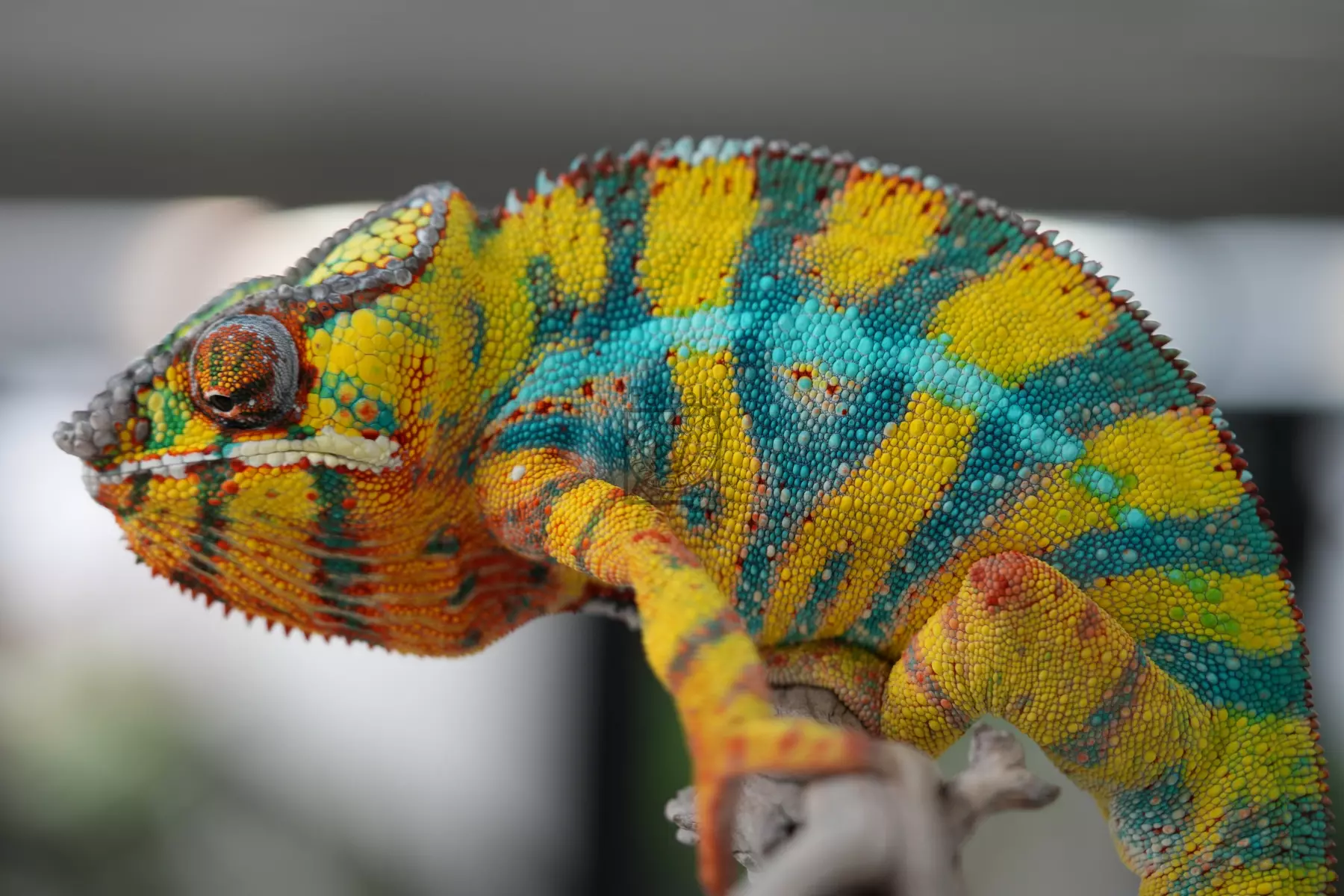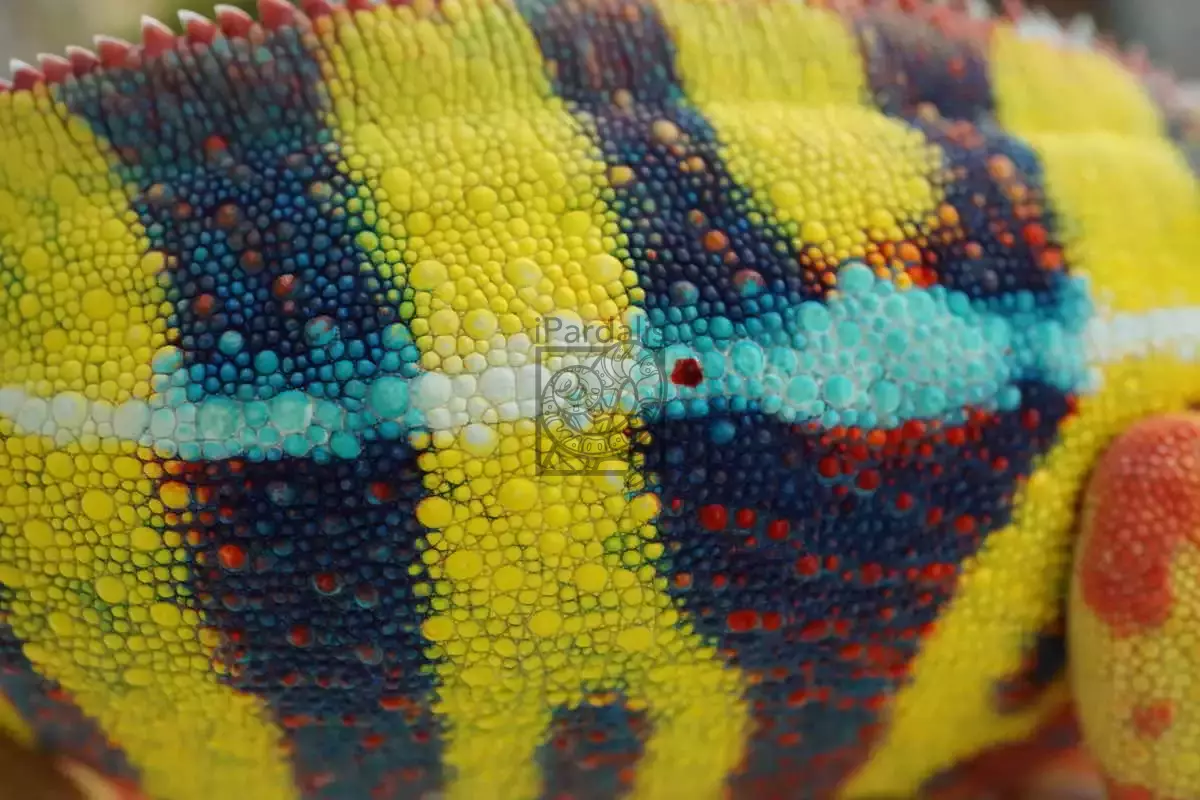May 27, 2024
Introduction to AI in Chameleon Breeding Businesses
Artificial Intelligence (AI) is transforming various industries, including chameleon breeding. This introduction on reptileentrepreneur.com explores how AI can enhance breeding operations, improve efficiency, and optimize outcomes in this niche market. What follows is what AI thinks about the topic, but I highly encourage you to listen to the real interview. It is MUCH more informative!
AI for Chameleon Breeding: Overview and Applications
AI for chameleon breeding refers to leveraging artificial intelligence technologies to improve breeding practices, manage genetic diversity, and ensure chameleons’ health and well-being. By harnessing AI, breeders can automate routine tasks, gain insights from data, and make informed decisions to enhance breeding program quality.
AI solutions include advanced monitoring systems, genetic analysis software, and predictive health management tools. These applications help maintain healthy breeding populations, identify and mitigate potential health issues early, and optimize breeding strategies for high-quality offspring.
AI applications span health monitoring, genetic management, and behavioral analysis. AI systems can analyze sensor data to detect early signs of illness, ensuring timely intervention. Genetic analysis tools help manage inbreeding and maintain diversity, crucial for long-term breeding program viability.
Implementing AI in Breeding Operations
To effectively use AI, breeders must understand their breeding goals and challenges. Identify areas where AI can add value, such as health monitoring, genetic analysis, or environmental control. Pilot small AI projects to evaluate impact before scaling up.
Implementing AI requires careful planning and investment in the right technologies. Ensure robust data collection and management systems, as AI relies on high-quality data. Collaborate with AI experts or vendors to customize solutions that meet specific needs.
Impact of AI on Chameleon Breeding
AI’s impact on chameleon breeding can be transformative, improving efficiency, reducing costs, and enhancing breeding population health and quality. AI enables data-driven decisions, automates routine tasks, and allows breeders to focus on strategic aspects of breeding programs.
Machine learning, a subset of AI, plays a crucial role by enabling systems to learn from data and improve over time, leading to more accurate predictions and better decision-making.
Business Applications of AI in Breeding
AI business applications include genetic analysis, health monitoring, and environmental management. By integrating AI tools, breeders can enhance understanding of genetic diversity, detect health issues early, maintain optimal breeding conditions, and ultimately achieve better breeding outcomes.
Integrating AI involves several steps: identify areas where AI can provide the most benefit, gather and prepare accurate and comprehensive data, choose the right AI tools and technologies aligned with breeding goals and infrastructure, and gradually implement AI solutions, starting with pilot projects.
AI Use Cases and Benefits for Breeding Businesses
AI use cases demonstrate the technology’s potential to revolutionize breeding practices. AI can analyze genetic data to suggest optimal pairings, monitor health metrics to prevent disease outbreaks, and control environmental conditions to mimic natural habitats, enhancing efficiency and effectiveness.
AI business applications are diverse, including genetic analysis, health monitoring, environmental management, and behavioral analysis. By leveraging AI, breeders can produce healthier, more vibrant chameleons, meeting the demands of enthusiasts and collectors.
AI can help breeding businesses by improving operational efficiency, reducing costs, and enhancing breeding population health and quality. By automating routine tasks and providing data-driven insights, AI allows breeders to focus on strategic aspects, ensuring long-term business success.
Conclusion
Integrating AI in chameleon breeding businesses offers significant advantages, from improving efficiency and reducing costs to enhancing breeding population health and quality. By understanding AI’s applications and implementing the right technologies, businesses can harness AI’s potential to drive innovation and stay competitive in the market.



